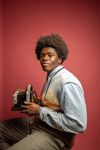First Week in Paris: My Experience So Far
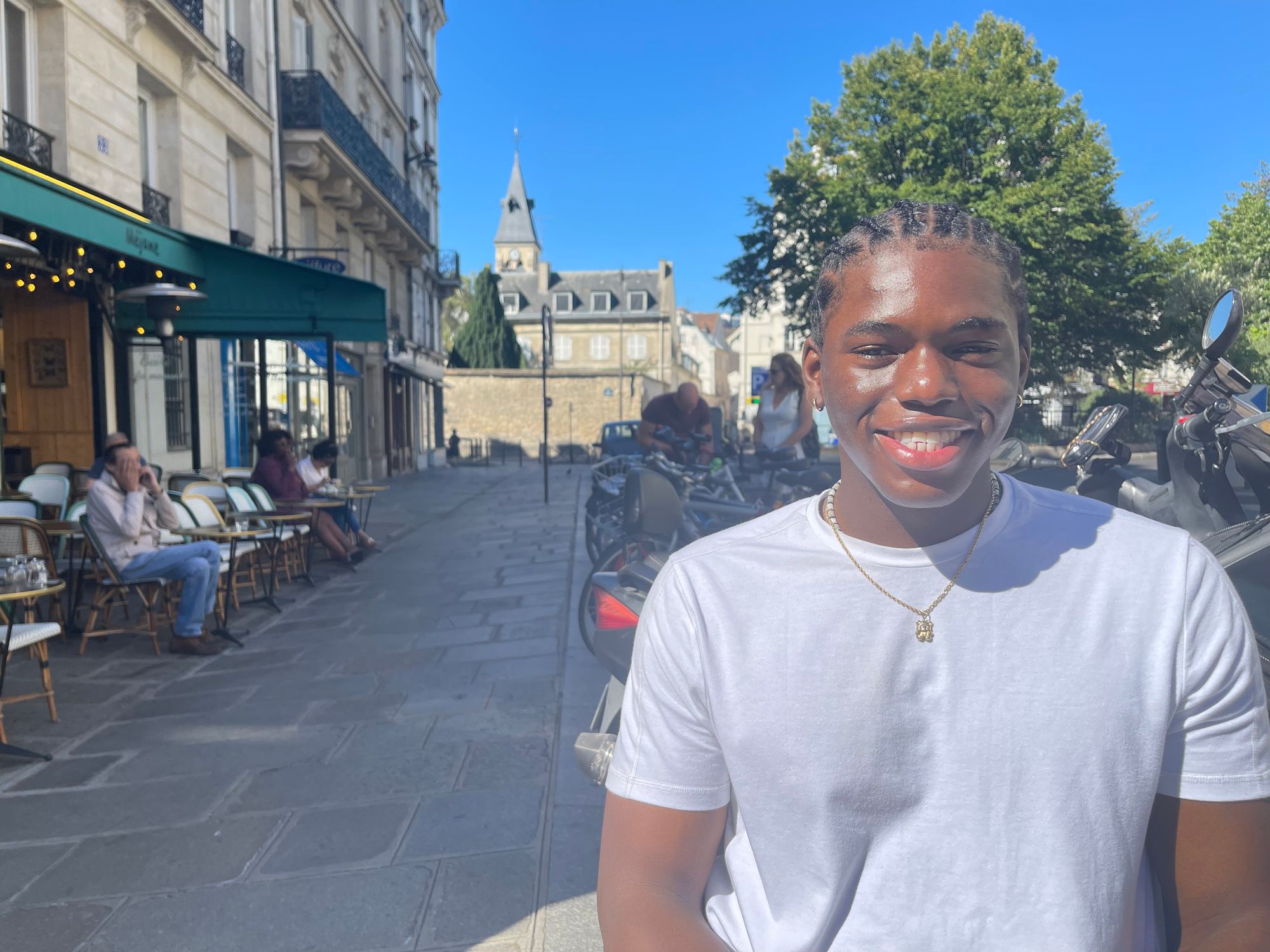
As a recent American grad and recipient of the Watson Fellowship, I moved to Paris, France one week ago. On August 1st, My eight-hour flight from Chicago had a layover in Lisbon, Portugal. As it was my first time outside of America, my brief three-hour layover was memorable for a number of reasons. It was interesting to be on foreign soil and hear a variety of languages I did not understand for the first time. English was now the minority to Portuguese, French, and other Romance languages. Thus, I relied heavily on facial expressions, hand gestures, and the limited English of the people around me to navigate through the airport.
In the Passport Customs line for my connecting flight to Paris, I happened to wait in line in front of several Angolan footballers, ranging in height from 5’8 to well above my 6’3. As we waited, a darker-skinned person (shown below) in a line across the guard rail showed our group to his friend on FaceTime as he said, “Look at the Niggers.” We looked at each other in disbelief at this brazen display of racism. Like the gall of this guy to call us a slur unprovoked while being much shorter, smaller, and not much lighter than any of us. He continued to show us to his friends like some public spectacle or zoo attraction as the line moved. The next time we walked past his group, I politely decided to return the favor and pulled out my phone to record him. The assailant quickly looked away as I put my phone in his face, and he stopped trying to show us after I confronted him. My Watson Project centers on the treatment of Black people, so it was shocking to see negative perceptions and treatment of my race less than one hour after landing in Portugal.
After I got through customs and boarded my flight to Orly Airport in Paris, I was seated next to a Black Parisian man, two years my junior, who I interviewed via Google Translate about his experience and perception of Paris. He described how he got fired from his job as the only Black employee because he asked something. I then asked him about his high school (secondary education) experience, where he was one of the only Black people in most of his classes. My friend continued by noting how he often got blamed by his white teachers for his classmates’ disruptions. He texted how he was profiled as a drug dealer by French police. They suspected him of being one since he was well dressed in his Parisian suburb. For context, most Black people are in the suburbs of Paris (the opposite layout of American cities where Black people mostly stay in the inner city and white people populate the suburbs). They illegally searched him, finding a moderate amount of cash on him, which they expected to be from selling drugs, so they arrested him for thinking he was a drug dealer. From this two-hour plane ride conversation over Google Translate aided by his limited English and my non-existent French skills, I gathered that the harassment of Black people by police seems to be a universal concept, unsurprisingly extending to Parisian society. I have realized that Black people in white societies have remarkably similar lives linked by oppression, racial discrimination, and societal disenfranchisement despite our nationality, religion, socioeconomic status, or language. Of course, there are cultural nuances and differences in this experience stemming from long-standing practices and traditions like France’s brutal history of colonialism and immigrant demographics, which I will expand on in the future.
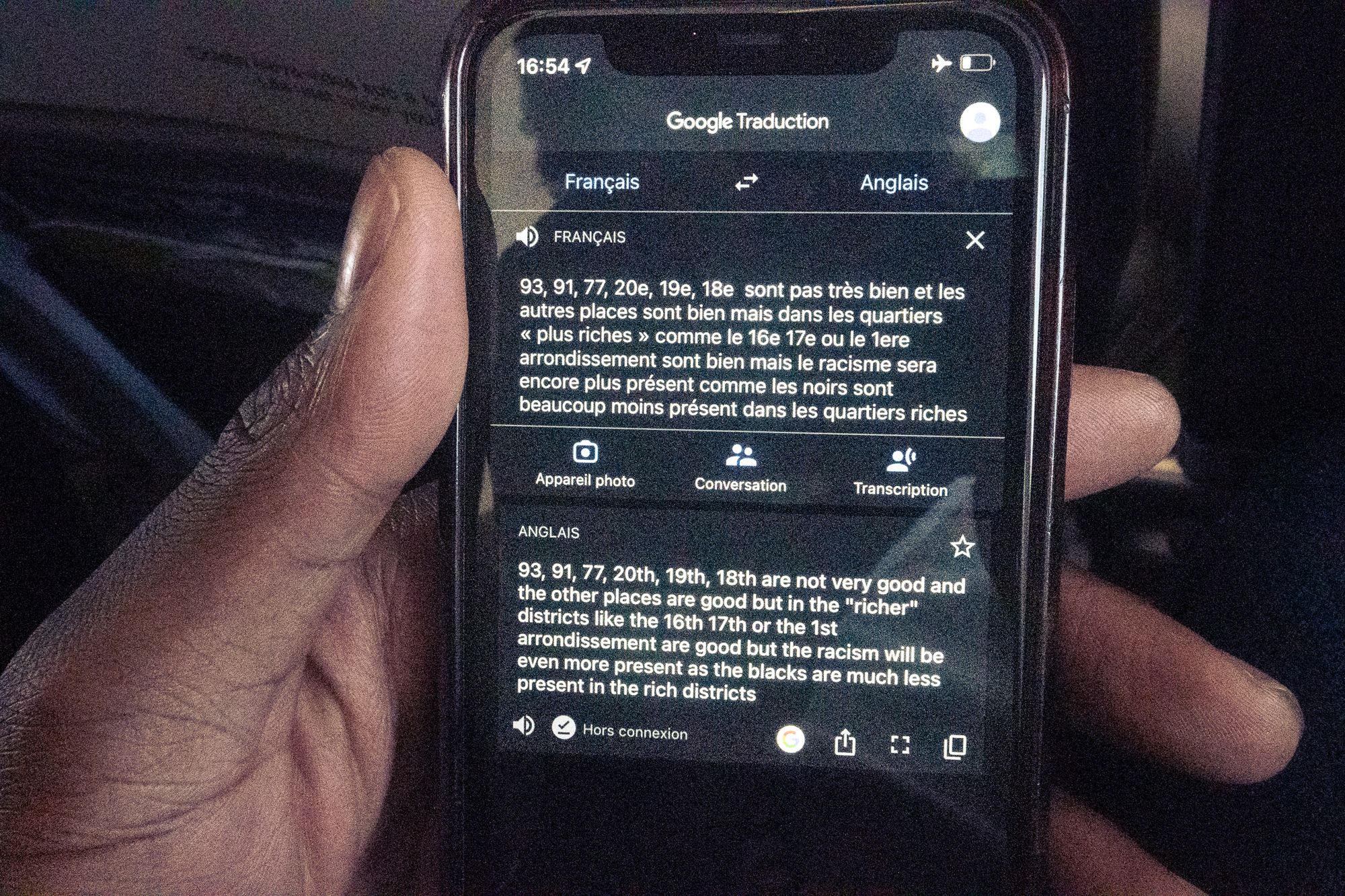
This conversation gave me a pretext for the country I was entering and let me know that racism was a taboo topic that Parisians shied away from in conversation but had been ingrained in their practices, behaviors, and institutions. Despite this knowledge informing how I move, I have enjoyed my first week in Paris with its stunning architecture, delicious food options, and lively nightlife and fashion culture. My visits to the courtyard of the Musée du Louvre, Jardin des Tuileries, and Jardin des Plantes (Main Botanical Garden in France), to name a few, showed me the grand scale of the city, which compliments the grander personalities of some individuals I met. In my short time here, I’ve befriended some talented fashion designers, models, and the Nigerian community who randomly picked me up off the street while I was walking by, cornrowed my hair, and lined me up. My fellow Yorùbá people have made sure to check up on me, offer me access to Jollof Rice and good stew, connect me with needed hair products and insightful elders, and provided me with a comforting sense of familiarity while I am in this foreign country. I feel blessed to have already developed meaningful connections with my ethnic community and make good friends so early in my stay. Both social aspects will help me feel right at home faster than I have expected.
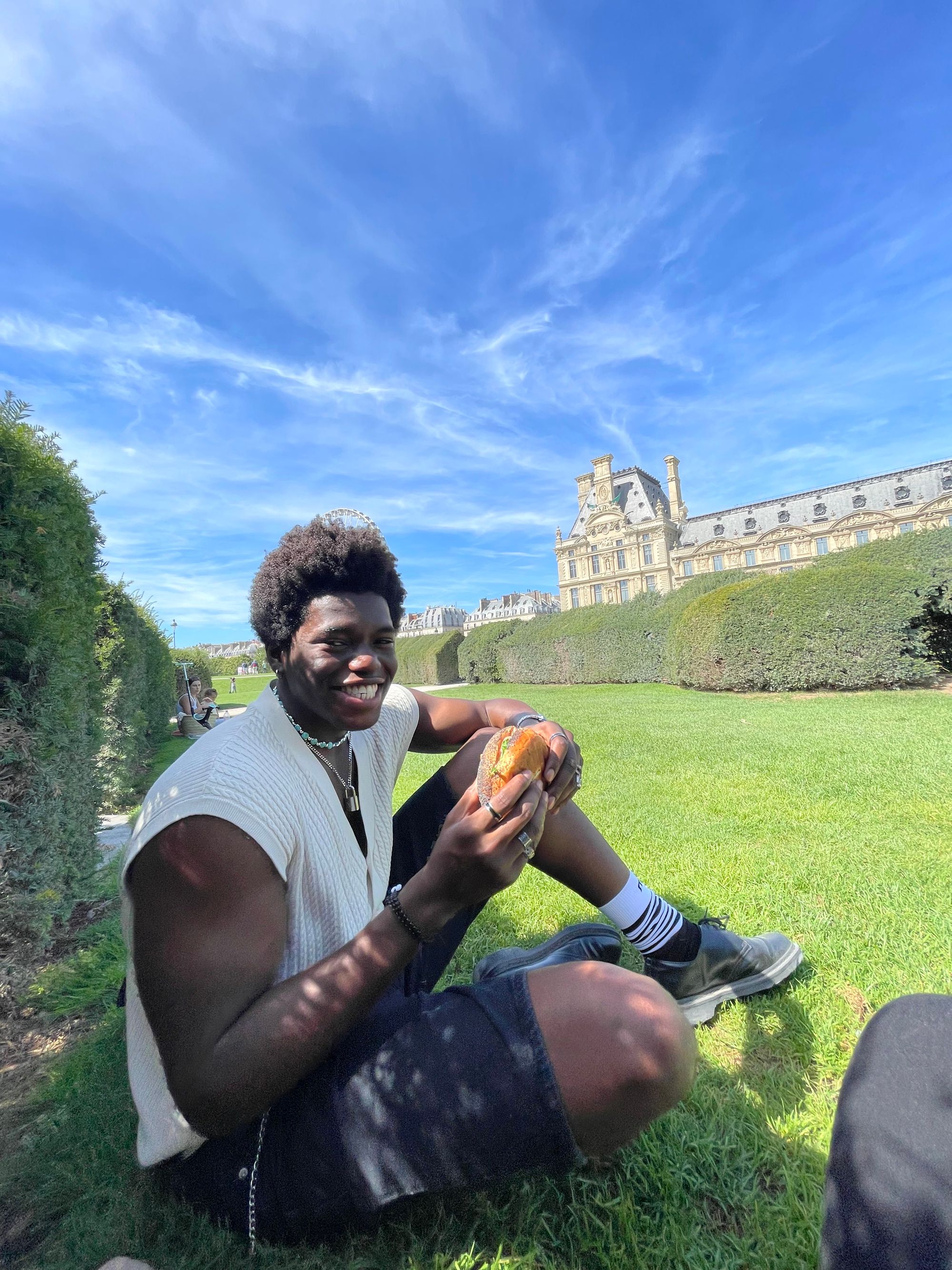
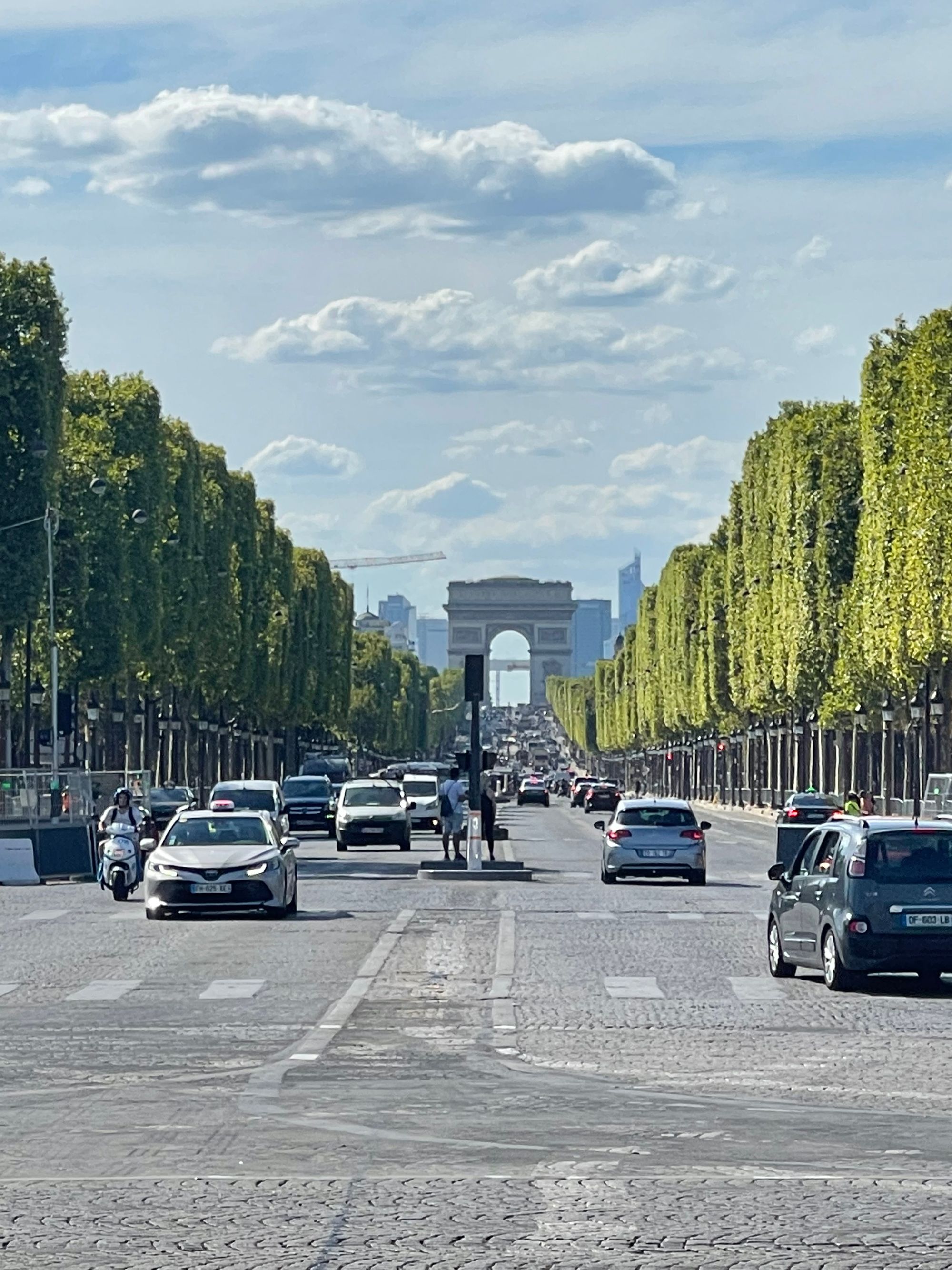

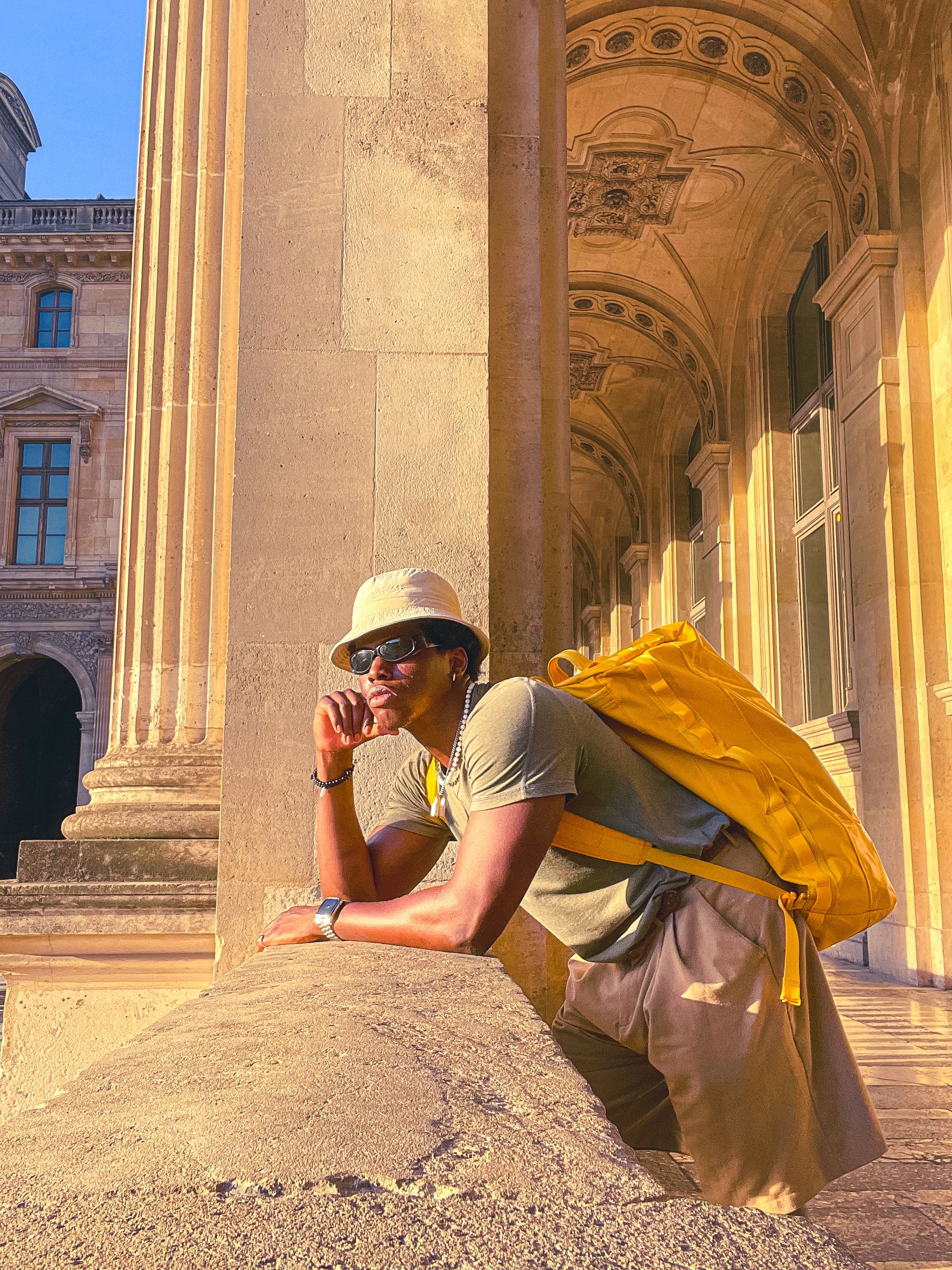
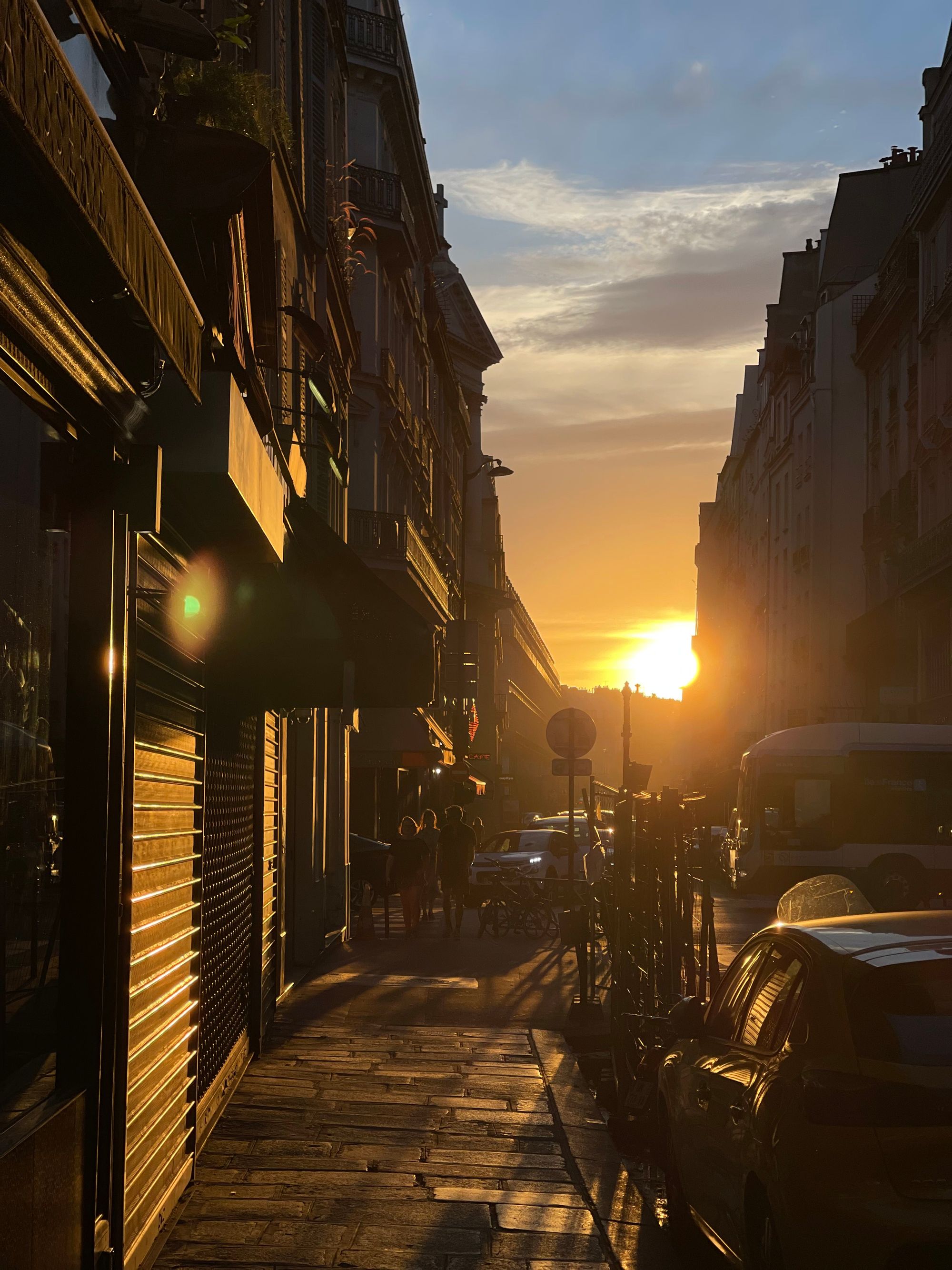

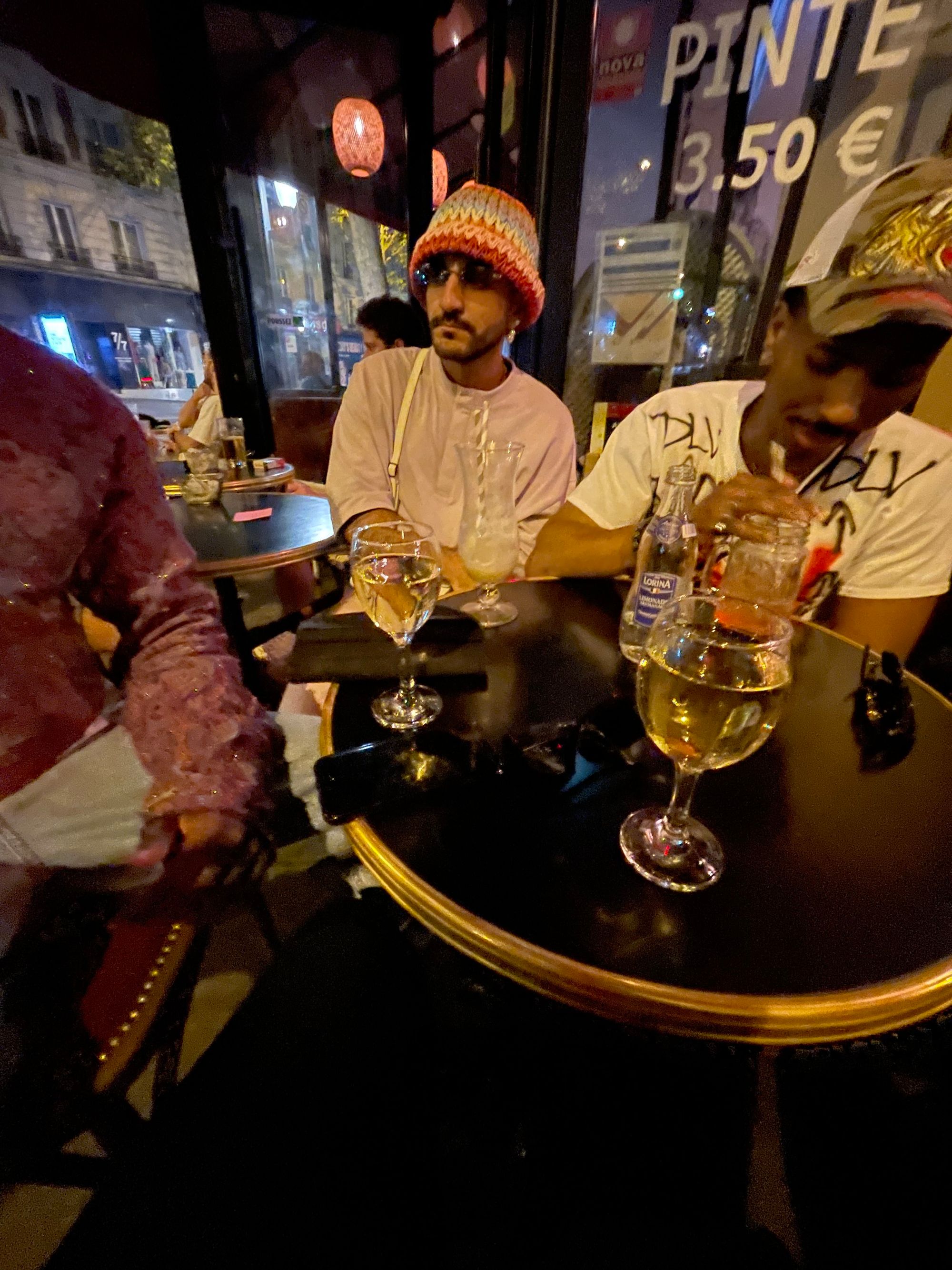
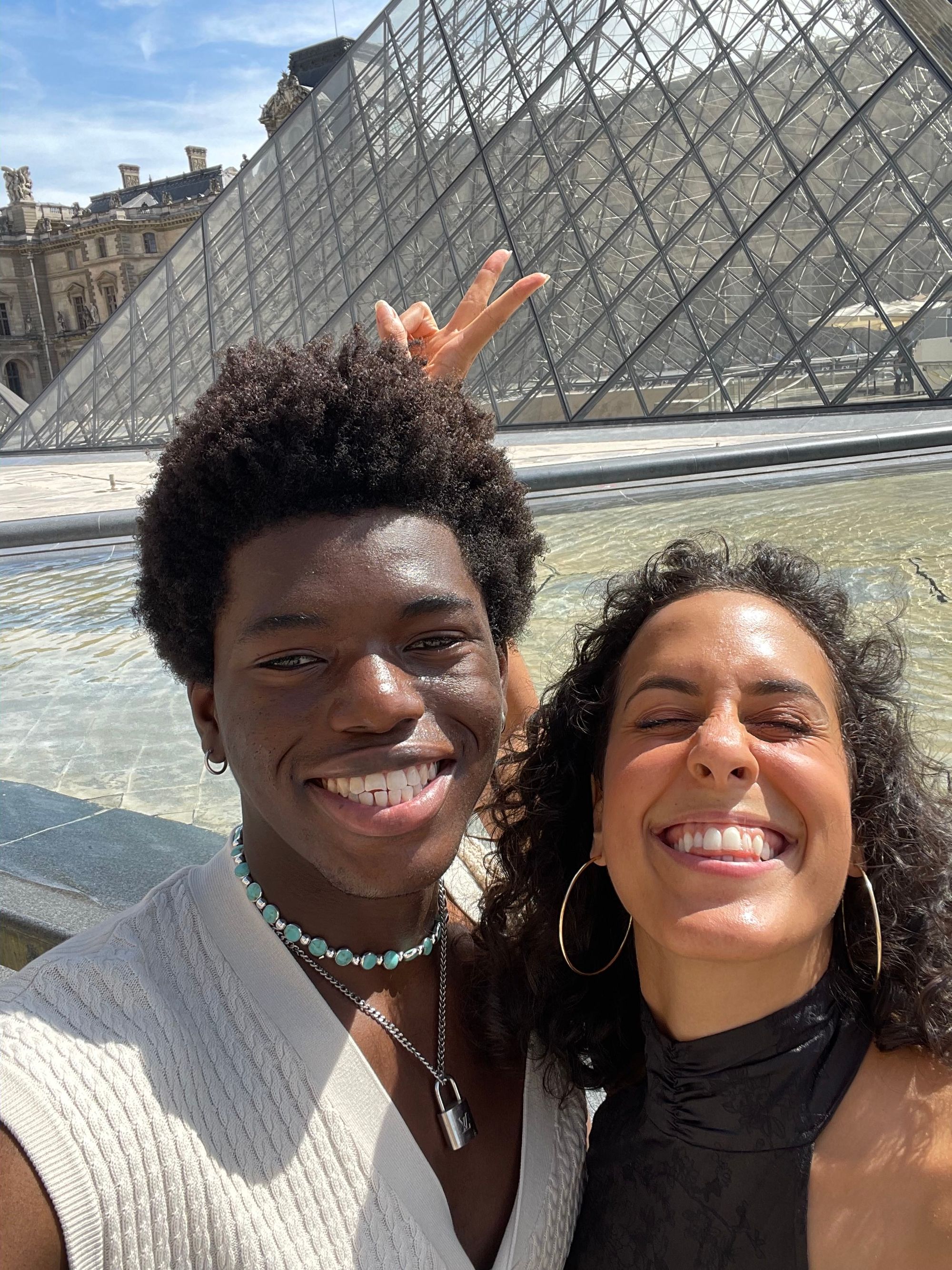
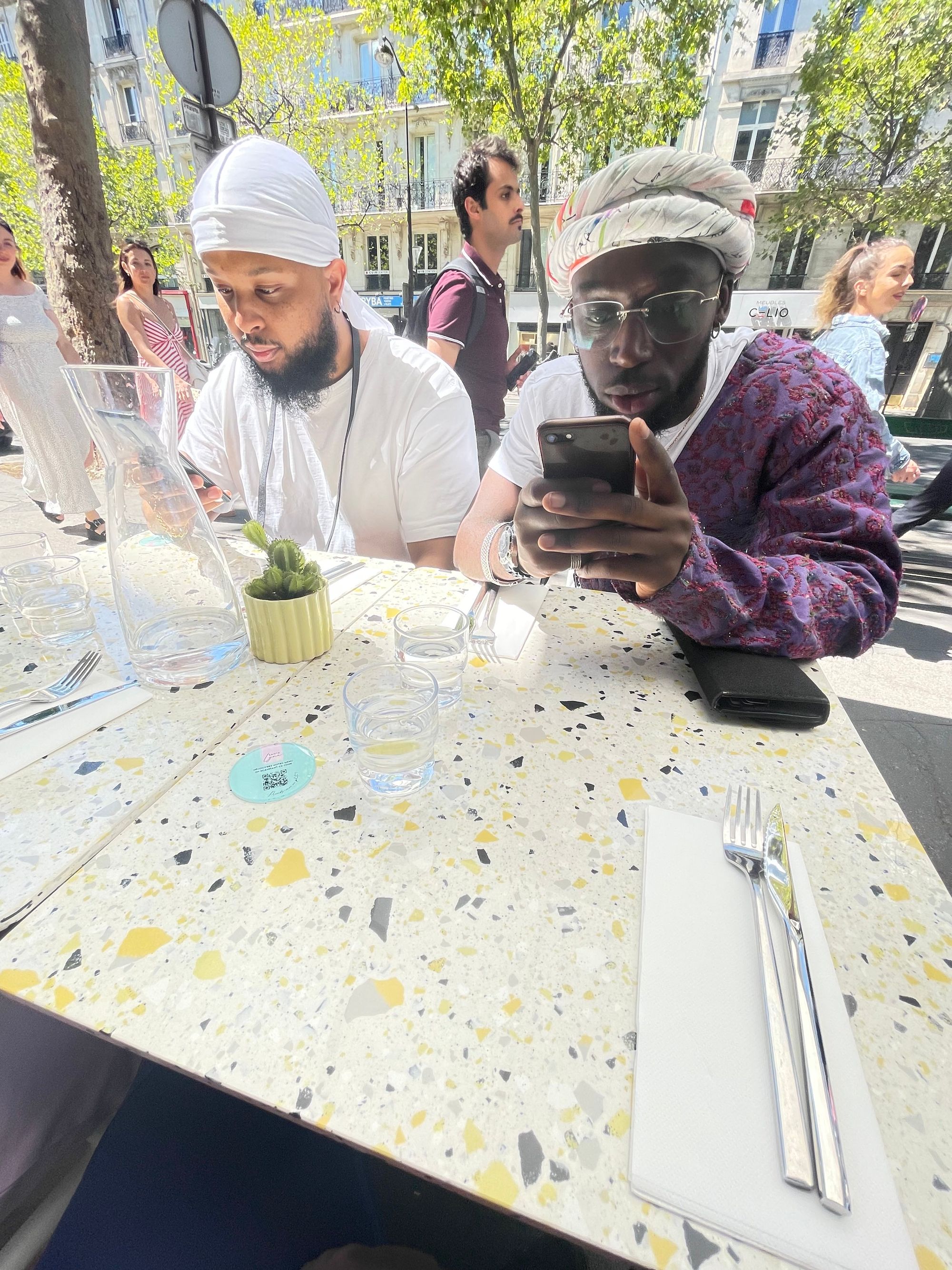
The final challenge in traversing French society is learning the language, which is not intuitive for an English speaker like me. I am not used to using my nose, throat, and gut in speaking, so the adjustment has been difficult. However, I am confident and driven to become decently conversational in French by the end of this month. If you have any suggestions or recommendations for learning French, I would appreciate you contacting me through my contact page or by dming me on social media. I would greatly appreciate it. I am excited for what the next week holds and know that my perspective of Parisian and French society will change as I plan to visit friends who have invited me outside of the capital city! See you next week for my update.

